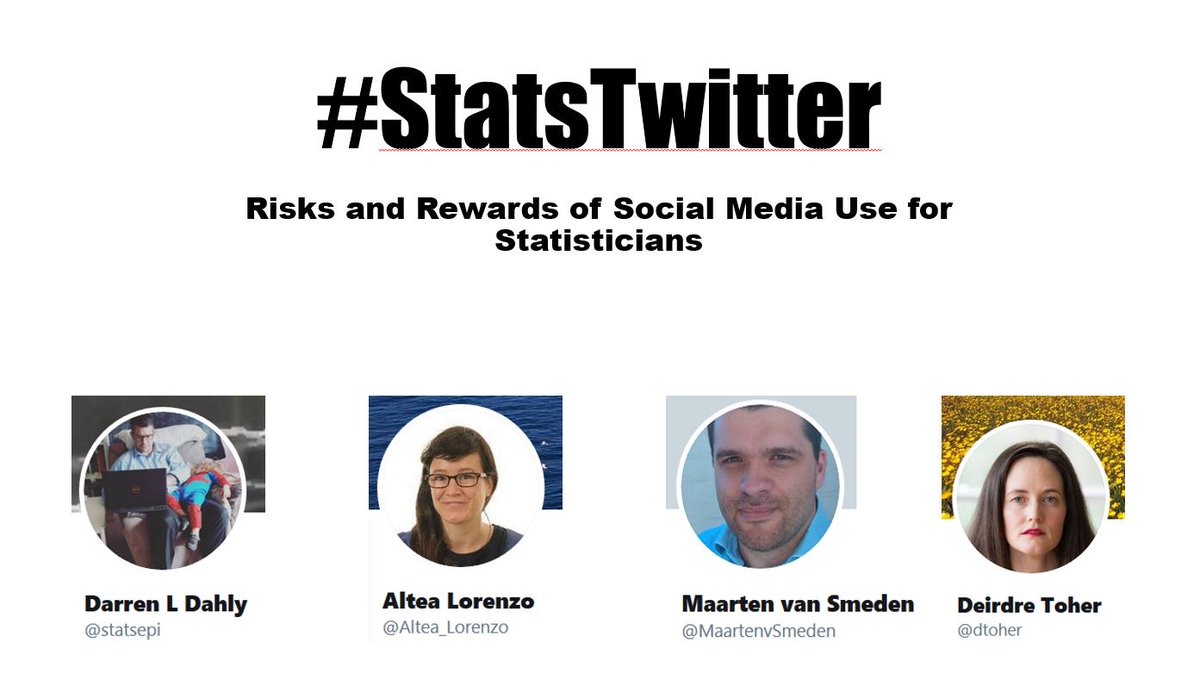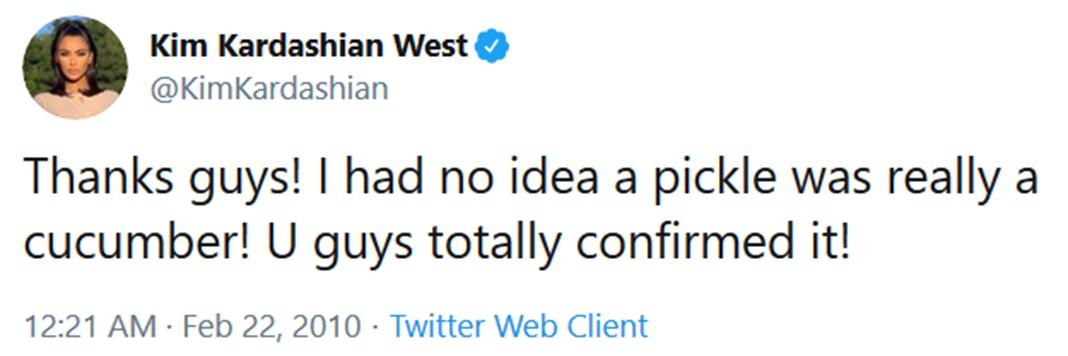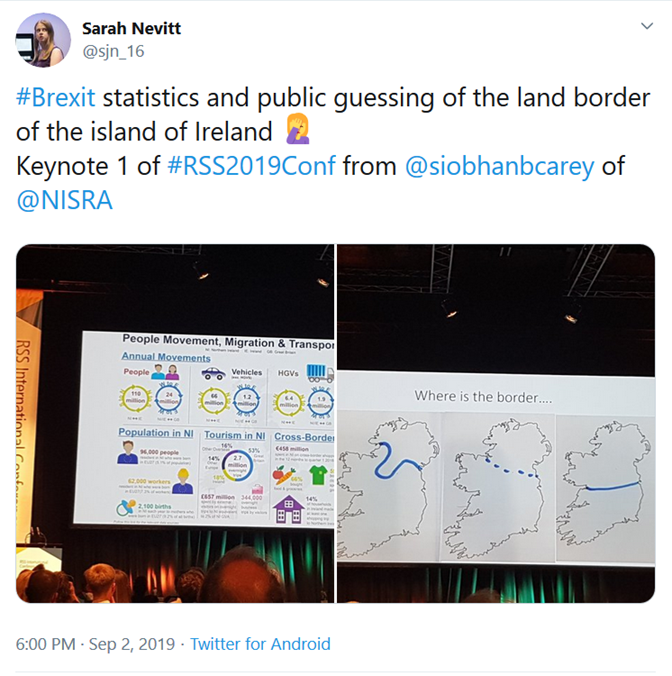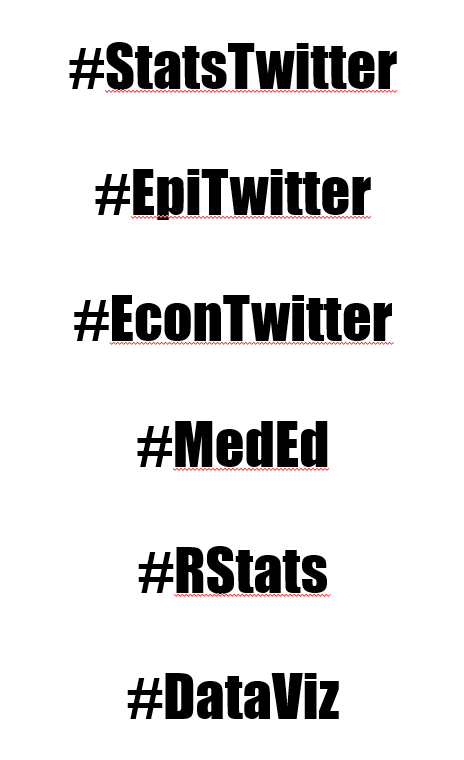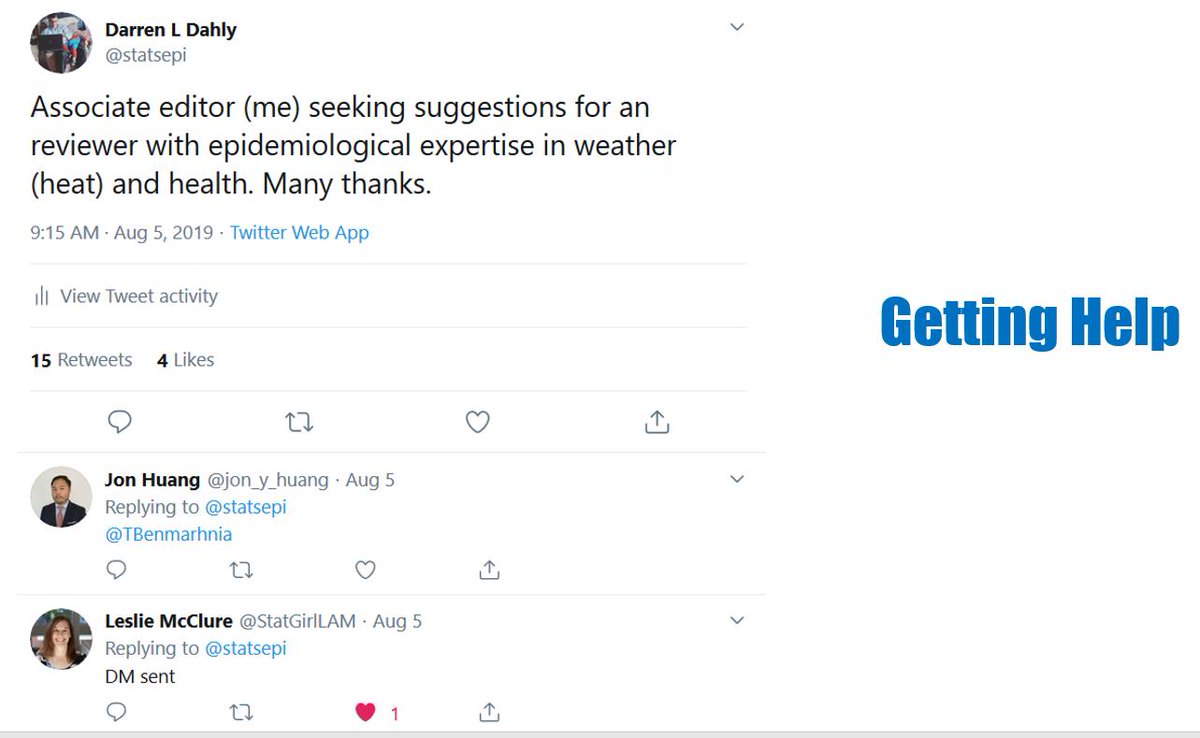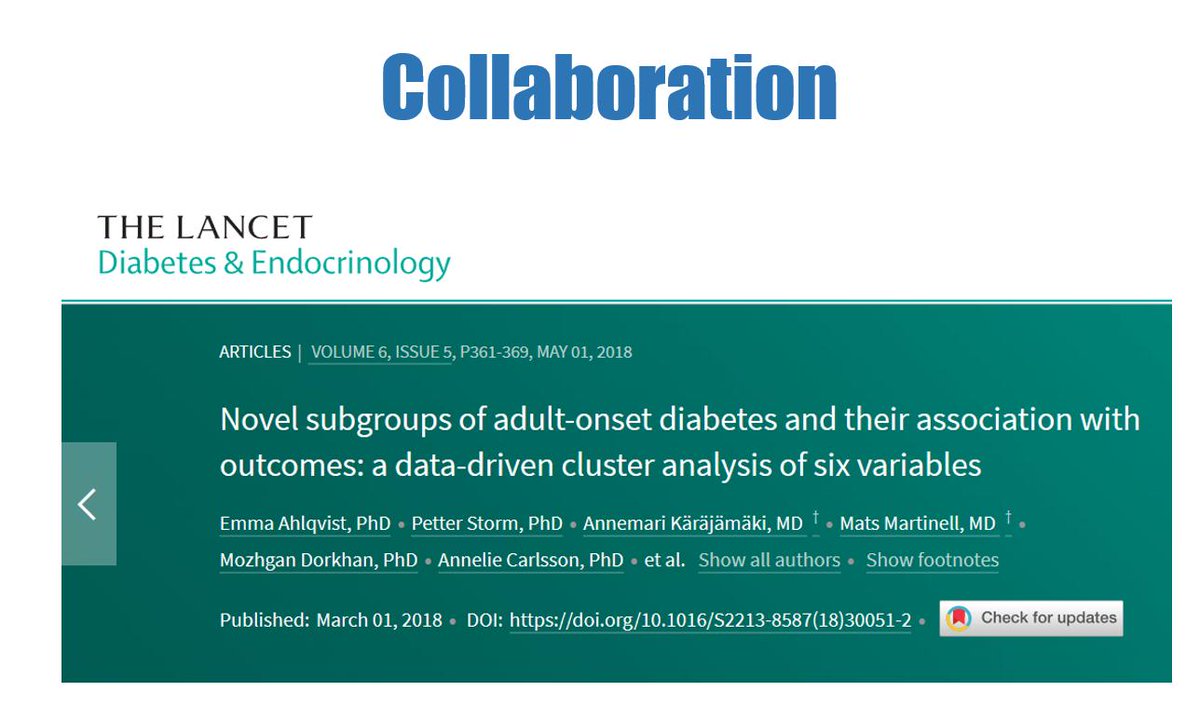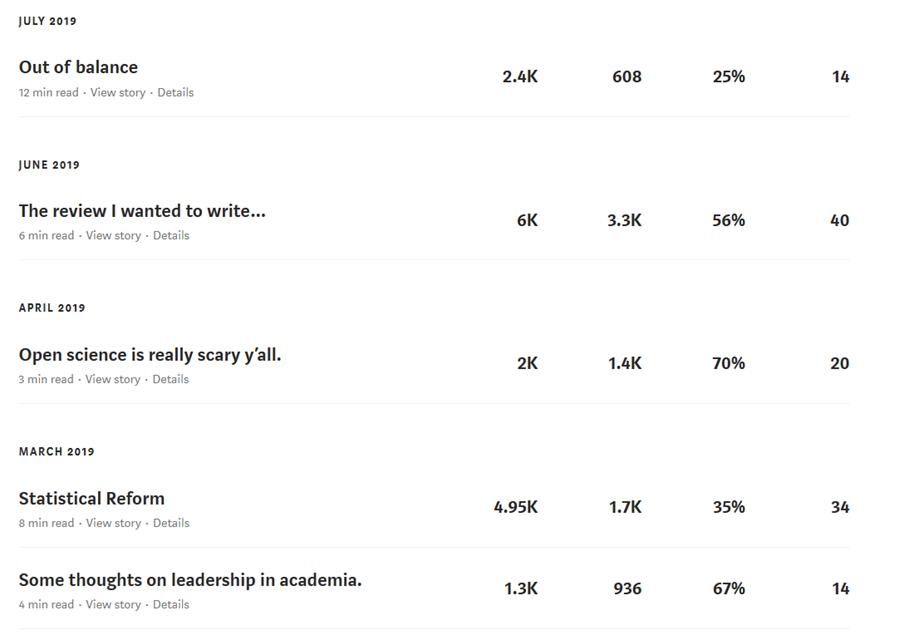It seems appropriate to do a thread on our recent session about the use of Twitter by statisticians.
I& #39;ve given a few talks on Twitter and it& #39;s always a bit embarrassing, kind of like admitting you were doing online dating in the early 2000s. But like online dating, it& #39;s now pretty obvious that Twitter is super useful.
But doing a Twitter talk for statisticians makes it even more mortifying. I picture statisticians as cautious...circumspect...thoughtful. And they are guardians of "truth".
And misinformation and hate (at it& #39;s worst).
So you won& #39;t find any shortage of people calling Twitter a cesspool. And you won& #39;t find me arguing that it isn& #39;t. BUT...
...you have to admit that Twitter and other social media have created a space for experts, of all kinds, to find each other to discuss their areas of expertise.
So how do we benefit? Well, the most obvious thing is content discovery, using @dataandme as the example, bringing #RStats goodness to my doorstep everyday.
Or @sjn_16 catching me up on the keynote I missed.
And how we share with each other isn& #39;t just limited to a single group - but rather we pull from multiple areas of overlapping expertise.
But while the content discovery alone is probably enough to make Twitter worth your time (because you can lurk at fairly low cost), there are additional advantages, believe it or not, to actually interacting with one another.
Of course the ability of interact has gotten better as more statisticians have joined Twitter. But here are the first accounts I followed in 2010, so stats has had a presence from the early days (along with my wife - who I most certainly did not meet though online dating)
Now it seems like ALL the statisticians are on Twitter, which is great. Here are some key people from the @RoyalStatSoc and @AmstatNews. (cc @HetanShah @d_spiegel)
And since we are all here, we can ask each other for help. (this worked by the way, thanks @jon_y_huang and @StatGirlLAM)
And we can find collaborators. For example, this was a paper published on supposed diabetes subgroups using "data-driven" methods. Like most things, these methods need to be used with caution...
So @f2harrell shared some concerns https://twitter.com/f2harrell/status/969959680184344577">https://twitter.com/f2harrell...
And so did I... https://twitter.com/statsepi/status/970054967368265729">https://twitter.com/statsepi/...
And so did @MaartenvSmeden... https://twitter.com/MaartenvSmeden/status/970237614413570048">https://twitter.com/MaartenvS...
So we joined forces to publish a letter in the journal. https://twitter.com/MaartenvSmeden/status/999234863847952384">https://twitter.com/MaartenvS...
Which other experts picked up on... https://twitter.com/athattersley/status/970263464714428416">https://twitter.com/athatters...
And then evaluated in their own studies...Very cool! https://twitter.com/athattersley/status/1123011227909795840">https://twitter.com/athatters...
And from there, I was able to enlist @MaartenvSmeden to contribute to this paper (mainly making sure I didn& #39;t do anything stupid). https://www.ncbi.nlm.nih.gov/pubmed/31050808 ">https://www.ncbi.nlm.nih.gov/pubmed/31... | https://darrendahly.github.io/post/homr/ ">https://darrendahly.github.io/post/homr...
And of course I mentioned other famous statistical collaborations that were helped, at least a little, by Twitter. https://twitter.com/BrianNosek/status/888787612571504640">https://twitter.com/BrianNose...
https://twitter.com/lakens/status/888789840757755904">https://twitter.com/lakens/st...
https://twitter.com/lakens/status/909679786817130496">https://twitter.com/lakens/st...
Side question: If you are talking to a room with 50 statisticians, what is the probability that at least one of them is on one of these two papers? (It was zero for this audience...is there a stats world outside of Twitter?)
And what happens when you try to publish your second bad paper on "post-hoc power"? A few dozens stats-trolls come out from under their bridges...
(Led by what might be a literal man-monster) https://twitter.com/ADAlthousePhD/status/1152516639516180480">https://twitter.com/ADAlthous...
And of course Twitter is great for sharing compliments. https://twitter.com/statsepi/status/1037640919862927360">https://twitter.com/statsepi/...
And it& #39;s hard to put a price on getting feedback like this. https://twitter.com/d_spiegel/status/1105009281806544896">https://twitter.com/d_spiegel...
And we celebrate... https://twitter.com/MyKo101AB/status/1151538340619067393">https://twitter.com/MyKo101AB...
And we console... https://twitter.com/EpiEllie/status/1127955470608732166">https://twitter.com/EpiEllie/...
And we laugh.. https://twitter.com/EpiSconroy/status/1117207276778078208">https://twitter.com/EpiSconro...
And just to linger on this point a moment, I have a great family life, but not much time these days for pals. So being able to chat with Twitter friends during the day is super nice.
And if you are like me and find conferences a bit awkward, it& #39;s great to have "met" people here before you run into them in real life. And I& #39;ve met so many!
And while people talk about echo chambers and twitter bubbles, this place, more than any other, is where I know I& #39;ll hear things I& #39;ve never considered before. https://twitter.com/kareem_carr/status/1099349932711006209">https://twitter.com/kareem_ca...
And when our colleagues are as courageous as @KLDivergence, we can talk about the most important problems in our field, open the eyes of those of us who need them opened, and try to hold people accountable in ways that simply weren& #39;t possible before. https://medium.com/@kristianlum/statistics-we-have-a-problem-304638dc5de5">https://medium.com/@kristian...
And of course we can make contributions outside of our field, and I& #39;ll always appreciate @KayCurtin1 and @BettinaRyll allowing me to talk to patient advocates about stats and study design. https://twitter.com/myESMO/status/918858451933122560">https://twitter.com/myESMO/st...
And throwing my 2 cents to @TamarHaspel when she asks - I think she thinks I& #39;m being helpful to her, but it& #39;s the other way around! You can& #39;t place a high enough value on other experts acknowledging your own ability, and many of us *need* to hear it, and then hear it some more
But there are risks to participation - more so for some than for others. And the benefits we just described aren& #39;t similarly accessible to everyone.
and have someone take it seriously... (plus I got 2 emails about it...nothing gets academics worked up like the idea that someone else is getting a sabbatical)
Or having people think you are angry all the time (I& #39;m not....I& #39;m super happy! Look at how happy I am...yaayyyyyy so happy!!!)
And some of this is hard to avoid, even when we want to (and perhaps we shouldn& #39;t try)
And I think a lot of us have noticed a big missing data problem in our conversations. For so many of them, most of the participants, and often all of them, kind of look like....me.
Not just white and male, but also from the US, speaking English, and in a (now) secure academic job - this is basically the sweet spot for being able to spout any old thing on twitter and be taken seriously - or at the very least, not given a rash of bullshit for sharing my 2 c.
And in 9 years of this, with lots of opinions shared, arguments, blog posts etc, I& #39;ve received maybe 2 or 3 not nice DMs and 1 nasty email. That& #39;s it. This is clearly not everyone& #39;s experience here. https://www.wired.com/story/amnesty-report-twitter-abuse-women/">https://www.wired.com/story/amn...
And so it& #39;s really important for us to figure out how to make it so that people who don& #39;t just want to lurk (no shame in lurking though) to feel comfortable enough to jump in with 2 feet. At the very least I think this means going out of our way to maintain a civil discourse.
And while I agree that tone critiques are usually made to favor the status quo, which can be a problem, I also now think that in 99.999% of the time there is really no harm in keeping things tactful, at the least. And generous and kind as often as possible.
And we need to keep talking about this. How can we make sure that every person who wants to get the benefits from participation can do so? Otherwise, we just get the same old "rich getting richer" so to speak.
And finally, social media isn& #39;t just limited to Twitter. There are great blogs, like @dailyzad& #39;s https://lesslikely.com/ ">https://lesslikely.com/">...
And I don& #39;t know how many people read a letter to the editor, but I know that if I get 1k of *you* reading something I wrote in a blog post, then I& #39;ve accomplished something.
And don& #39;t sleep on the comments sections. They might be depressing on the daily fail, but they are golden on the stats blogs, especially @learnfromerror ( http://errorstatistics.com"> http://errorstatistics.com ) and @StatModeling https://statmodeling.stat.columbia.edu/ ">https://statmodeling.stat.columbia.edu/">...
And great discussion boards like @f2harrell& #39;s https://discourse.datamethods.org/ ">https://discourse.datamethods.org/">...
And great podcasts, like @AcaDamesPodcast and @blackgoatpod and @hertzpodcast, who finally got around to talking to an actual statistician ( @KristinSainani) this week. https://twitter.com/hertzpodcast/status/1168452878392012800">https://twitter.com/hertzpodc...
And now even live-streaming tutorials. https://twitter.com/dsquintana/status/1129657081718398976">https://twitter.com/dsquintan...
And to end, I just want to point out that a great deal of bullshit in the world, as I noted at the beginning, is propagated through social media.
So could there be a better place for statisticians and scientists, the guardians of truth so to speak, to drop in and push back?
- fin
- fin
(and my sincere apologies to everyone that just got pinged for every one of those tweets...I can& #39;t figure out how to un-tag people anymore since twitter can& #39;t help f**king up their own site every 6 months!!!)
And please please see the slides from @MaartenvSmeden from the same session. https://twitter.com/dtoher/status/1168822688049184768">https://twitter.com/dtoher/st... ...and...
as well as @Altea_Lorenzo https://twitter.com/Altea_Lorenzo/status/1168821182700740608.">https://twitter.com/Altea_Lor... Big thanks to them for their contributions.

 Read on Twitter
Read on Twitter